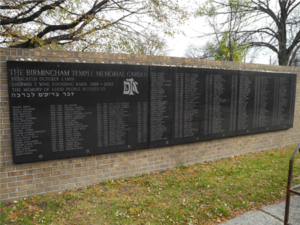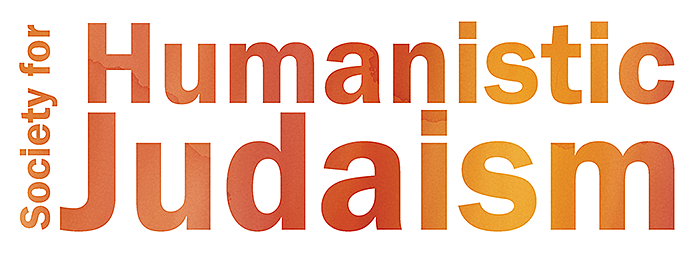End of Life Services and Mourning Practices
Funerals and Memorial Services
A Humanistic funeral or memorial service (a ceremony at which the body is not present) reflects Humanistic Judaism’s realistic and respectful acceptance of death. Its purposes are to celebrate the life of the deceased and, through the presence and support of family and friends, to help the bereaved accept their loss and focus their memories of the dead in a meaningful way.
Humanistic Judaism encourages the performance of a funeral or memorial service, which may be performed either before or after burial, cremation, or body/organ donation. Please contact SHJ Rabbi Miriam Jerris for assistance in locating a Humanistic Jewish officiant. There are also many resources in the SHJ Store Life Cycle section that can help in creating a Humanistic Jewish funeral, memorial service, or unveiling.
Cremation
Forbidden in the Orthodox tradition, cremation has become an increasingly acceptable option in a secularized society and can be an appropriate choice for Humanistic Jews. The rabbis justified the historic ban on cremation by their belief in a final Judgment Day on which the dead would be physically resurrected. Because Humanistic Jews accept their mortality and the finality of death, we believe that there is no need to preserve the body.
The Kaddish
The traditional Kaddish (Jewish prayer recited for the dead) and most other traditional Jewish liturgical materials are inappropriate for a Humanistic ceremony because they consist of praises or petitions to an omnipotent God whose wisdom and beneficence are unquestioned, even in a time of great personal loss. Humanistic Jews have a variety of alternatives to the traditional liturgy, including nontheistic meditations and a Humanistically worded Kaddish.
Mourning Practices
Humanistic Jews view the purpose of public mourning as twofold: (1) an opportunity for the community to comfort the mourners; and (2) an opportunity for the community to pay tribute to the life and memory of the deceased.
Humanistic mourning practices include the following traditional Jewish mourning practices:
- Shiva: Mourners often choose to remain at home for a period of time after the funeral or memorial service for the purpose of allowing friends to visit and comfort them.
- Yahrzeit: On the anniversary of the death, a special memorial candle is often kindled.
- Unveiling or Stone Dedication: If there is a burial or cremation plot, families might choose to have a ceremony for the unveiling or dedication of the gravestone. This ceremony may occur at any time after the death.
